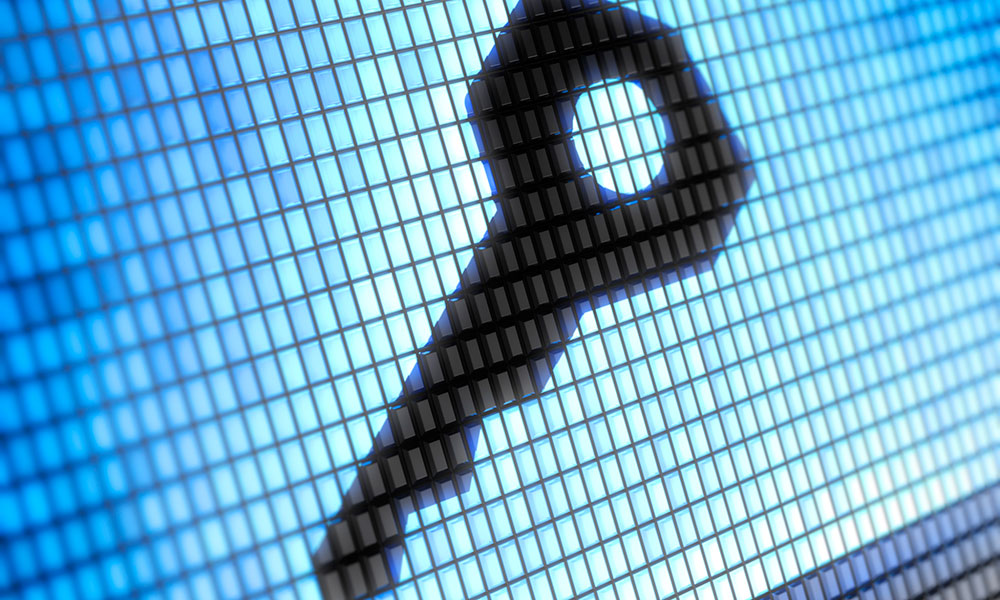
Wireless Group on White House’s Unlocking Push: It Isn’t That Easy
Through a federal agency, the Obama administration has asked the FCC to allow for the universal unlocking of cellphones. Groups are open to the administration's stance, but at least one raises technical concerns.
If you think you should be able to take your cellphone to whatever network you’d like, the White House agrees with you.
But before any kind of change takes place, the wireless industry would like to point out a few concerns that could make the change a challenge. More details:
The administration’s stance
A provision of the renewed Digital Millennium Copyright Act, expected to take effect in January 2014, would make unlocking phones without mobile-carrier permission a crime punishable by as many as five years in prison.
On Tuesday, the National Telecommunications and Information Administration (NTIA), which works as a principal adviser on the president’s telecom policy, argued against that in a petition [PDF] to the Federal Communications Commission. Instead, NTIA advocated for allowing the universal unlocking of phones, which would let consumers easily switch between providers.
“By giving consumers greater freedom to choose among alternative mobile service providers and use wireless devices that they lawfully acquire from others,” the petition states, “the proposed rule would both increase competition in the mobile services market and enhance consumer welfare. Consequently, its adoption would plainly promote the public interest.”
This aligns with the administration’s previously stated stance on the issue.
The industry perspective
CTIA-The Wireless Association, which represents the interests of mobile providers, noted in a press release that while it was still reviewing NTIA’s petition, it “welcomes the opportunity to work with the Administration and the FCC to highlight the wealth of device options that exist for U.S. consumers today and carriers’ transparent and competitive unlocking policies.”
However, the statement came the same day as a separate blog post by a CTIA official noted the other side of the coin: The challenges unlocking creates from an engineering perspective. John Marinho, the association’s vice president of technology and cybersecurity, noted that a number of factors come into play to determine how a device works across platforms—including variations in operating systems, how it interacts with a network, security issues, and optimization challenges.
“Quite simply, there is no device that could work across all bands, allocations and technologies,” Marinho wrote. “In order to create such a device, it would be much bigger than we’re accustomed to since it would have to include a number of radios and corresponding parts that increase size and reduce battery life (think Gordon Gekko phone, or for those of you who are younger, Zack Morris phone).”
Nonetheless, the group supports a bill sponsored by Rep. Bob Goodlatte (R-VA) that would legalize such unlocking, a stance shared by another wireless group, the Competitive Carriers Association.
Have you unlocked your phone before in an effort to switch networks? Tell us about it in the comments.






Comments